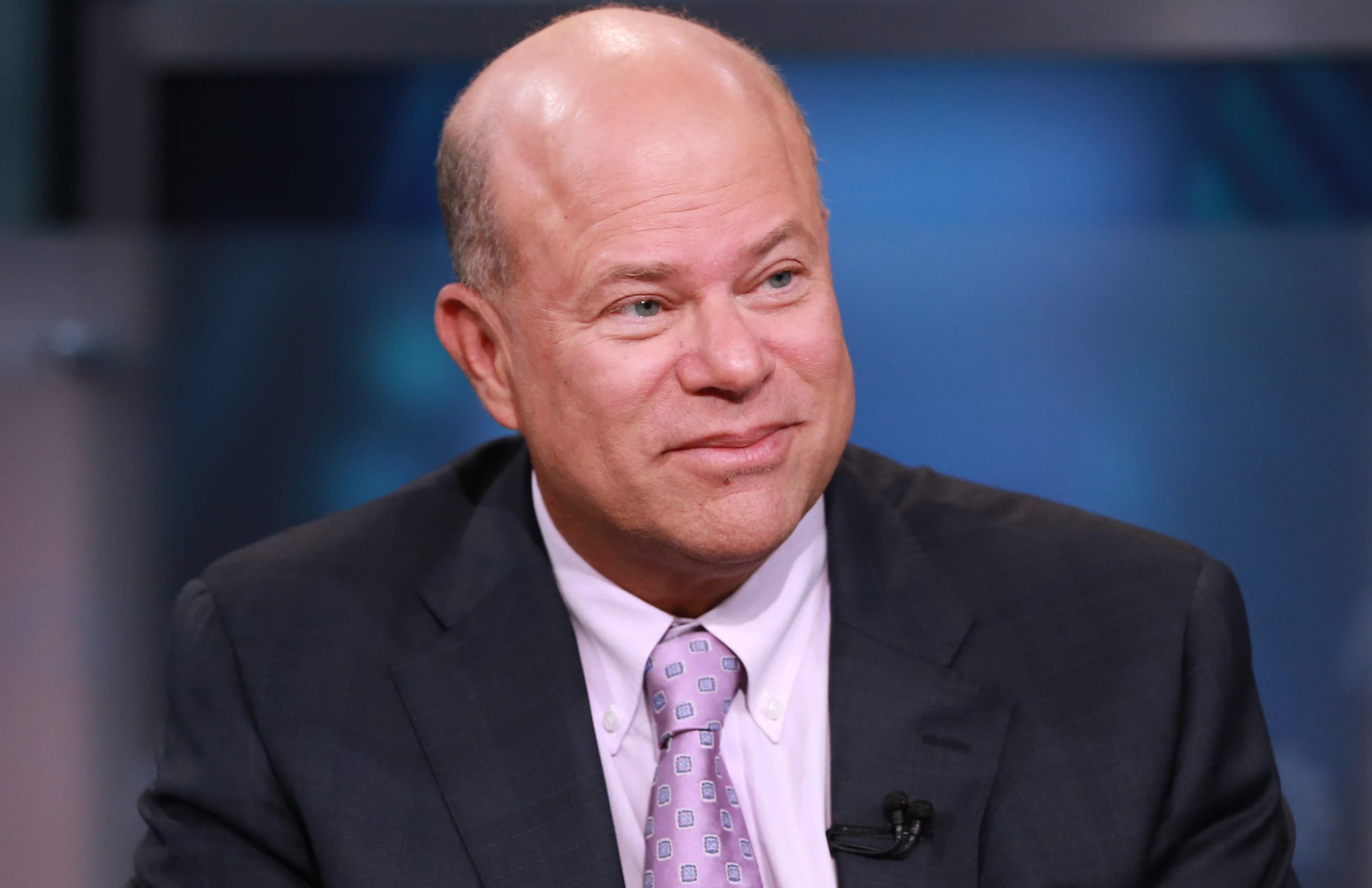Hedge fund manager David Tepper has turned somewhat bearish on the stock market, citing uncertainties around interest rates and inflation.
“I don’t think it’s a great investment right here,” Tepper said Friday on CNBC’s “Halftime Report.” “I just don’t know how interest rates are going to behave next year… I don’t think there’s any great asset classes right now… I don’t love stocks. I don’t love bonds. I don’t love junk bonds.”
The Federal Reserve has been keeping its benchmark short-term interest rate anchored near zero since the start of the pandemic. In recent weeks, officials have indicated they are ready to start tapering the monthly asset purchases, possibly starting in November.
Many believe that rising inflation, which is running near a 30-year high, could put pressure on the central bank to pull back some of the ultra-easy monetary policy soon. Traders have upped their bets that the Fed will move faster than anticipated on rate hikes, with market pricing implying a first rate increase coming in September 2022, according to the CME’s FedWatch tracker.
The founder of Appaloosa Management, whose comments have been known to move markets, said his hedge fund has been “probably too conservative” this year but has done OK because of its bets on commodities and oil.
“We continued to keep that exposure relatively low but keep investing, I think stay invested in the stock market to some extent, but don’t have your highest concentration you’ve ever had,” Tepper said.
Tepper stressed, though, that it’s nowhere near the time to short the stock market, and he still believes equities make a great long-term investment that everyone should own in their portfolio.
The hedge fund manager said if bond yields stay stable after the Fed moves to taper its bond-buying program, stocks could see a relief rally.
“If we are going to sit here with 1.60% [on the 10-year Treasury yield] after the Fed announces tapering, then you could get a rally. There might be a trading rally. You might get 5% to 10% up. I’ll go in and get out,” Tepper said.
The billionaire investor has made a number of prescient calls recently, including foreseeing the market collapse due to the Covid-19 pandemic. Back in February 2020 before the S&P 500 tumbled into a bear market, he warned that the virus could be a game changer for markets and “certainly ruined the environment” for stocks.
In March this year, Tepper turned bullish on the market, saying it’s very difficult to be bearish on stocks. The S&P 500 enjoyed seven positive months in a row from February to August, The benchmark is up more than 20%, hitting a fresh all-time high Friday.
